Patricia Stathatou
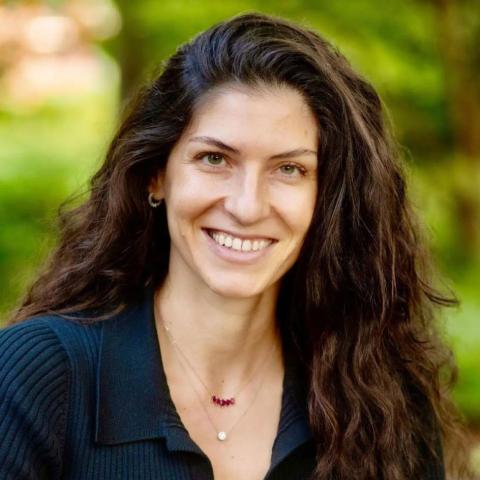
Environmental remediation, Renewable energy sources, Lifecycle Impact Assessment & Techno-economic Assessment of Sustainable Technologies, Processes & Products

Environmental remediation, Renewable energy sources, Lifecycle Impact Assessment & Techno-economic Assessment of Sustainable Technologies, Processes & Products
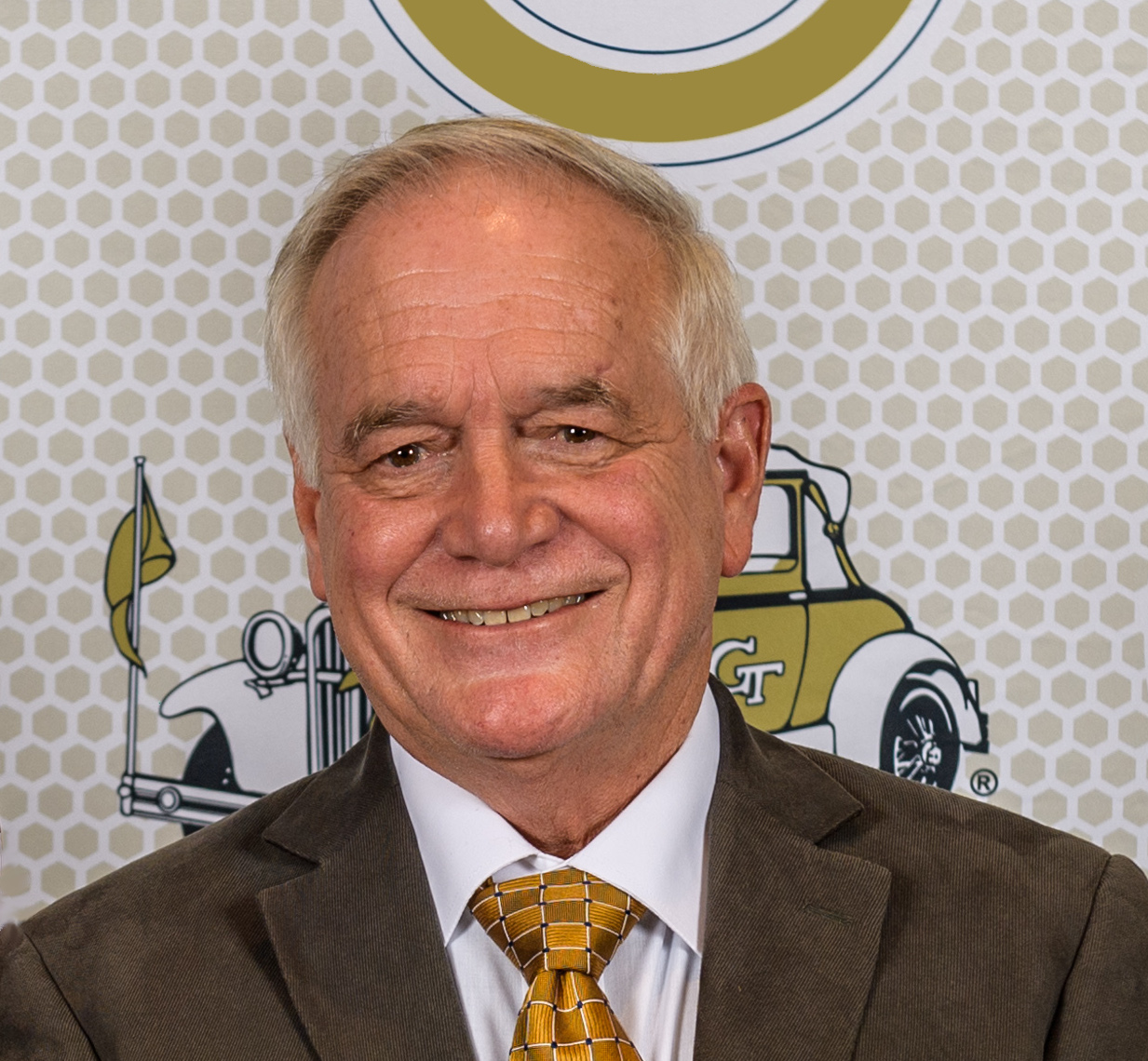
After completing his Ph.D. studies in 1976, Professor Arduengo began his professional career at the DuPont company as a member of the research staff. Within a year, he accepted a position on the chemistry faculty at the University of Illinois. Dr. Arduengo returned to DuPont in 1984 to pursue applications for a previously unknown type of phosphorus compound (ADPO) that had been discovered by his research group at Illinois. In 1999 Professor Arduengo resumed his work in academe with research groups in Germany and the United States. He is Professor of the Practice in the School of Chemistry and Biochemistry at the Georgia Institute of Technology and Saxon Professor Emeritus in organic chemistry at the University of Alabama.
Professor Arduengo's research in the area of main group chemistry has produced many scientific "firsts," including the discovery of the first planar T-shaped bonding arrangement at phosphorus centers. Further work in this area at DuPont uncovered a previously unrecognized "edge inversion process" that operates at main group element centers and explains many apparent anomalies in main group element chemistry. Dr. Arduengo's interest in and study of compounds with unusual valence allowed him to synthesize the first stable crystalline carbene in 1990.
This carbene research not only represents a milestone in chemistry, but this science also has led to a rapidly increasing variety of commercial applications. "We're looking into uses in direct catalysis, for crosslinking polymers, and for transition metals catalysis in which carbenes can be incorporated as ligands." "We've added a new tool to the chemist's repertoire which we can take off the shelf and use at will to follow imaginative ideas in new directions."
Recently, the Arduengo Group research has joined the efforts of the Medicines for All Institute and participates in BARDA programs to develop modern, sustainable technology that facilitates repatriation of essential chemical and pharmaceutical manufacturing to U.S. shores.
His research earned him an Alexander von Humboldt senior research prize and the 1996 Gold Medal for 'Excellence in Main Group Chemistry' from the International Council on Main Group Chemistry. In 2007 Professor was elected Fellow in The American Association for the Advancement of Science.
Professor Arduengo trained as a traditional synthetic organic chemist, but has continually sought collaborations with experts in inorganic chemistry, polymer and material science, and recently through his carbene chemistry, bioorganic catalysis in order to broaden the scope and impact of his scientific interests. As a result, he is recognized in his own right as an expert such diverse areas. Work from the arduengo group has yielded approximately 150 publications and patents including articles intended to stimulate the interest of the young and lay-public in science.
He values teaching and quality science education, and even from his industrial positions, Professor Arduengo has actively maintained a strong commitment to the preparation of future generations of scientists by holding lectures and demonstrations for elementary and high school classes and his supervision of a dozen post-doctoral co-workers.
Professor Arduengo leads research groups in the United States and Germany and provides his co-workers with opportunities to study abroad. This bi-national research program fosters a broad training experience with industrial interactions in both Germany and the United States. Professor Arduengo is a strong advocate of international research and training experiences and regularly hosts U.S. undergraduate and graduate students in laboratories in Germany. During these semesters abroad students experience everyday life and culture in Germany in addition to conducting research in a foreign research environment. Professor Arduengo provides instruction in a variety of subjects in Chemistry as well as German language instruction so that students are able to stay on track toward their degrees with no lost time.
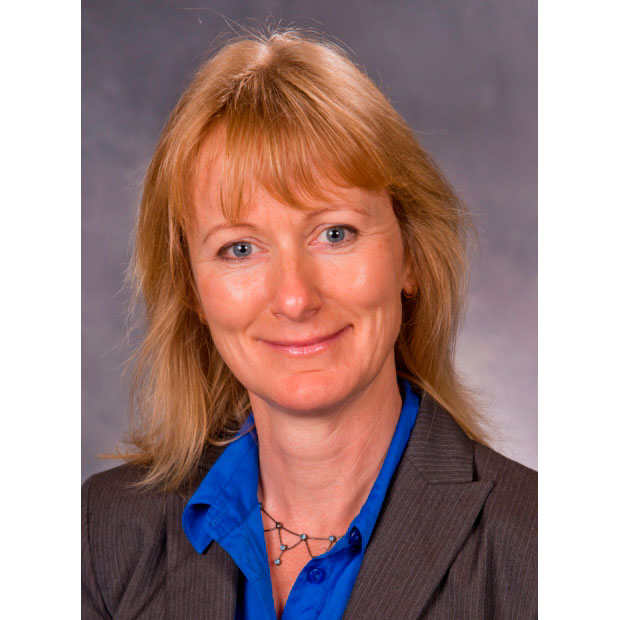
RBI Initiative Lead: Plant production for sustainable fiber supply for renewable bioproducts
Else-Marie Ulrika Egertsdotter is a Principal Research Scientist at the Renewable Bioproducts Institute.
Her research interests are focused on plant development, specifically understanding fundamental regulatory processes involved in early development and adaptation, and to apply biotechnology for a sustainable supply of plants to society for renewable products, food, fibers and bioenergy. She is particularly interested in AI applications and automation for plant production to capture the benefits from plant improvements for increased productivity and novel applications of plant fibers and other plant-based products.
She received her B.Sc. degree in Biology and Chemistry from Uppsala University, Sweden, and her Ph.D. degree in Molecular and cellular biology from the Swedish University of Agricultural Sciences, Sweden.
After completing her studies, she was awarded the Marie Curie Postdoctoral Fellowship from the European Union to study plant signal-transduction pathways at University of York, UK. She then moved to Norway to initiate and lead forest tree biotechnology projects at the Norwegian Forest Research Institute.
In 2000, she was awarded the Gunnar Nicholson Fellowship to join the Forest Biology team at IPST (Institute of Paper Science and Technology), Atlanta, GA, followed by appointments as research scientist at IPST until 2004 when she became Associate Professor of Genetics and Biotechnology at the Department of Forestry, Virginia Tech, Blacksburg, VA, to lead the new biotechnology efforts at the College of Natural resources.
She has been directing several projects for forestry companies to develop cost-effective technology for large-scale clonal production of conifer plants by somatic embryogenesis (SE). These efforts ranged from fundamental research to experimental and pilot scale technology development and has resulted in an ‘SE Factory’ now being implemented in full commercial scale in Sweden. As recognition of her leadership, she was awarded a VINNMER Marie Curie Fellowship from VINNOVA (Swedish Innovation Agency) for further training on technology applications at Woodruff School of Mechanical Engineering at Georgia Tech, and executive management at Stanford University and Goizueta School of Business at Emory university.
Since 2008, in addition to her position in US, she has also served as an Adjunct Faculty and scientific advisor for conifer R&D at the Umeå Plant Science Center, Sweden. She was appointed by the Swedish government in 2019 to serve on the Gene Technology Advisory Board to monitor developments in the field of gene technology, oversee ethical issues, and give advice to the government on use of gene technology.
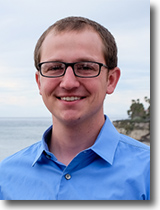
The Gutekunst Lab is interested in pushing the limits of complexity in macromolecular systems using innovative concepts from synthetic organic chemistry.
Specific projects in the lab will explore the design of novel monomers for the construction of functional polyamides, the development of small molecule reagents for the dynamic modulation of branched polymer architectures, and the investigation of new concepts for creating covalent bonds in challenging contexts. Each of these research projects will enable the generation of new functional materials with structures or assemblies that were previously inaccessible for study.
Prospective students will obtain extensive training in synthetic organic chemistry, as well as polymer synthesis and characterization.

Eric M. Vogel is currently Hightower Professor of Materials Science and Engineering, courtesy Professor of Electrical and Computer Engineering, and Executive Director of the Institute for Matter and Systems at the Georgia Institute of Technology (GT). Prior to joining GT in 2011, he was Associate Professor of Materials Science and Engineering and Electrical Engineering at the University of Texas at Dallas (UTD). Prior to joining UTD in August of 2006, he was leader of the Semiconductor and Novel Devices Group and founded the Nanofab at the National Institute of Standards and Technology. He received his Ph.D. in 1998 in electrical engineering from North Carolina State University and his B.S. in 1994 in electrical engineering from Penn State University. His research is related to the synthesis, structure, properties and applications of a wide variety of electronic and nanoscale materials and devices (vogellab.gatech.edu). He has published over 240 journal publications and proceedings, written six book chapters, and given over 100 invited talks and tutorials.
2D materials, Electronic Materials, biosensors, Atomic Layer Deposition, III-V Semiconductor devices
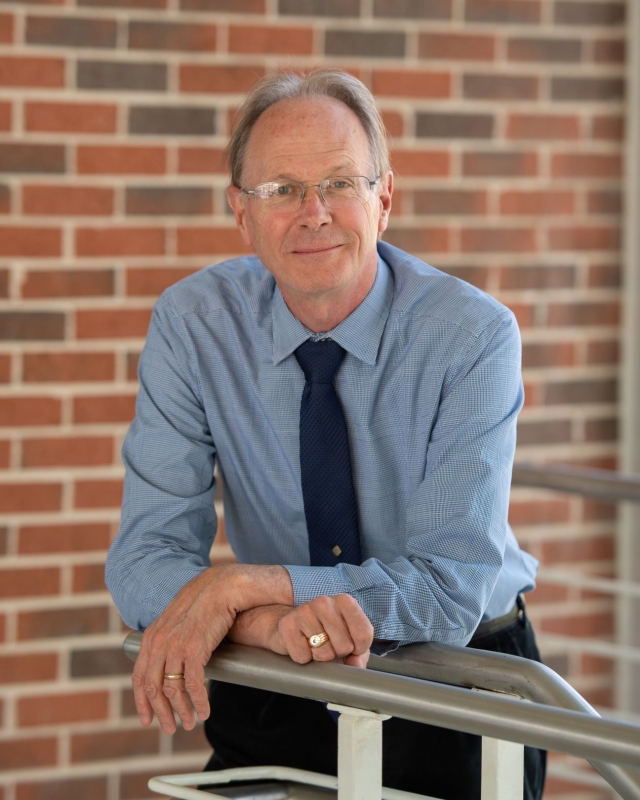
John R. Reynolds is a Professor of Chemistry and Biochemistry, and Materials Science and Engineering at the Georgia Institute of Technology with expertise in polymer chemistry and serves as a member of the Center for Organic Photonics and Electronics (COPE). His research interests have involved electrically conducting and electroactive conjugated polymers for over 30 years with work focused to the development of new polymers by manipulating their fundamental organic structure in order to control their optoelectronic and redox properties. His group has been heavily involved in developing new polyheterocycles, visible and infrared light electrochromism, along with light emission from polymer and composite LEDs (both visible and near-infrared) and light emitting electrochemical cells (LECs). Further work is directed to using organic polymers and oligomers in photovoltaic cells. Reynolds obtained his M.S. (1982) and Ph.D. (1984) degrees from the University of Massachusetts in Polymer Science and Engineering, he has published over 300 peer-reviewed scientific papers, has 15 patents issued and ~25 patents pending, and served as co-editor of the “Handbook of Conducting Polymers” which was published in 2007. He was awarded the ACS Award in Applied Polymer Science in 2012. He serves on the editorial board for the journals ACS Applied Materials and Interfaces, Macromolecular Rapid Communications, Polymers for Advanced Technologies, and the Journal of Macromolecular Science, Chemistry.
Organic and Inorganic Photonics and Electronics; Conducting Polymers; LEDs & OLEDs; Materials Synthesis and Processing; Materials discovery; Chemistry; Polymers; Biomaterials
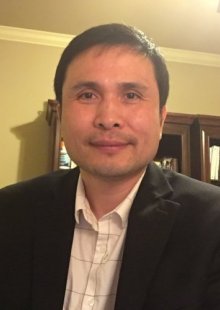
Donggang Yao is a professor in the School of Materials Science and Engineering at Georgia Institute of Technology. He received his Ph.D. and Master’s degrees both from University of Massachusetts Amherst, and his B.S. degree from Shanghai Jiao Tong University, China. He teaches and directs research in the broad area of polymer engineering. His current research focuses on polymer micromolding, fiber spinning, single-polymer composites, constitutive modeling, and process modeling and simulation. He has published over 60 journal papers and 80 conference papers on polymer processing. He was a recipient of NSF Career Award in 2003 for his research on polymer micromolding. He chaired the ASME Composites and Textile Engineering Technical Committee from 2009 to 2011. He currently serves as an associate editor for ASME Journal of Manufacturing Science and Engineering and an editorial board member for Polymer Engineering and Science.
Biocomposites; Biomanufacturing; Biomaterials; Bioprocessing; Bioproducts; Fiber Properties; Forming; Lignin & Hemicellulose; Manufacturing; Mechanics of Materials; Microfluidics; Microporous Materials; New Materials for 3D Printing; Polymer & Fiber; Process Modeling; Non-Newtonian Fluid Mechanics
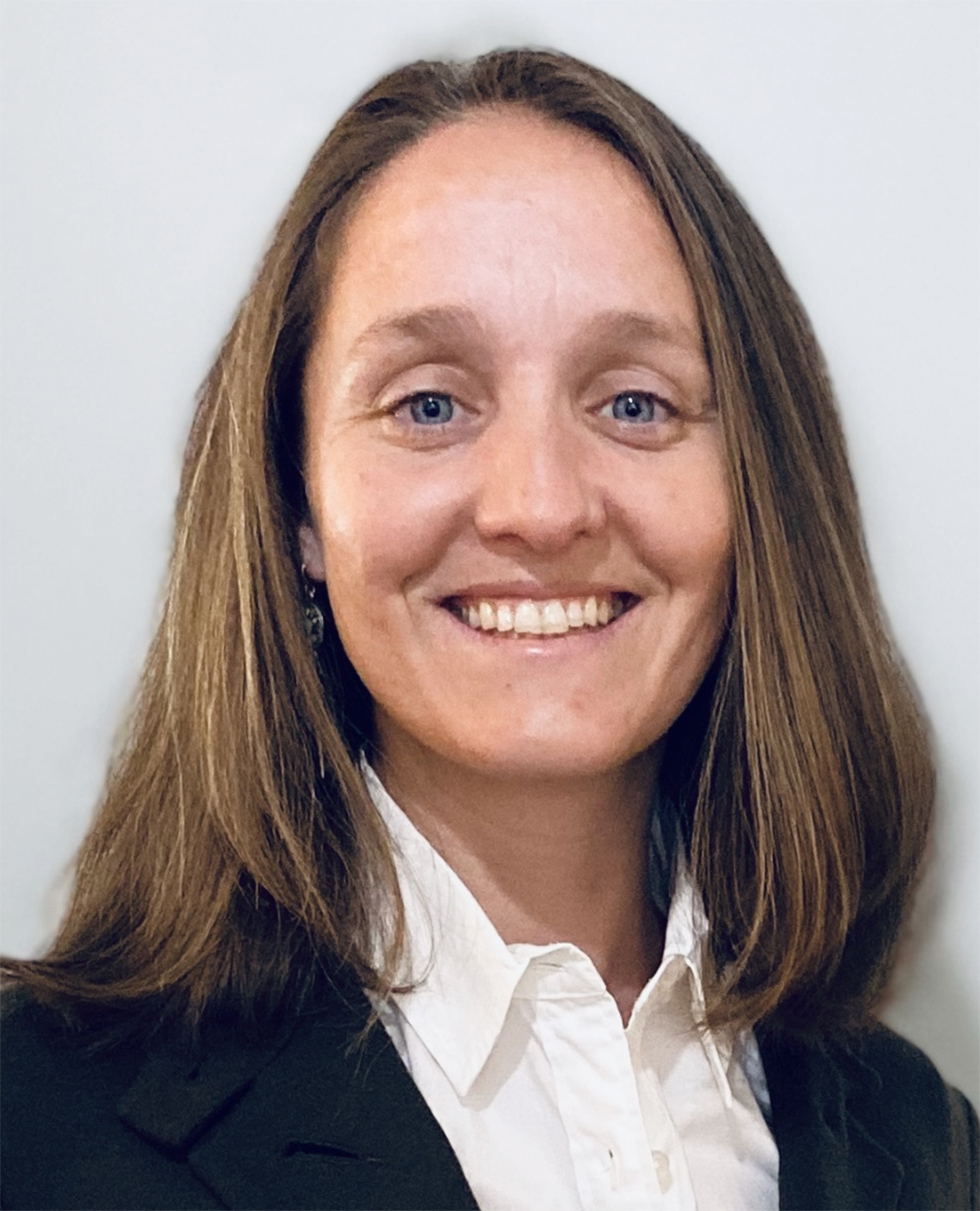
Marta Hatzell is a professor of mechanical engineering at Georgia Institute of Technology. Prior to starting at Georgia Tech in August of 2015, she was a post-doctoral researcher in the Department of Material Science and Engineering at the University of Illinois - Urbana-Champaign. During her post doc, she worked in the Braun Research Group on research at the interface between colloid science and electrochemistry. She completed her Ph.D. at Penn state University in the Logan Research Group. Her Ph.D. explored environmental technology for energy generation and water treatment. During graduate school she was an NSF and PEO Graduate Research Fellow.
Currently her research group focuses on exploring the sustainable catalysis and separations, with applications spanning from solar energy conversion to desalination. She is an active member of the American Chemical Society, the Electrochemical Society, ASEEP, and ASME. Hatzell was awarded the NSF Early CAREER award in 2019 for her work on distributed solar-fertilizers, attended the 2019 US Frontiers of Engineering Symposium through the National Academy of Engineering, and was awarded the 2020 Sloan Research Fellowships in Chemistry.
Catalysis; Energy Storage; Smart Infrastructure; Thermal Systems; Water
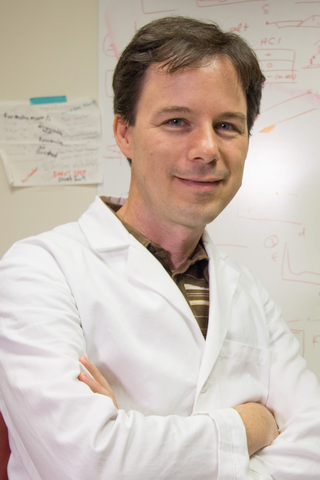
Todd Sulchek is an associate professor in Mechanical Engineering at Georgia Tech where he conducts fundamental and applied research in the field of biophysics. His research program focuses on the mechanical and adhesive properties of cell and biological systems and the development of microsystems to aid in their study. His research employs tools, including, MEMS, microfluidics, imaging, and patterning to understand or enable biological systems. His interests include cancer diagnostics, stem cell biomanufacturing, novel therapeutics, and ultracheap engineering tools. He is a member of the interdisciplinary Institute for Bioengineering and Bioscience. Dr. Sulchek also holds program faculty positions in Bioengineering and Biomedical Engineering and has a courtesy appointment in the School of Biology. He received his Ph.D. from Stanford in Applied Physics under Calvin Quate and received a bachelors in math and physics from Johns Hopkins. He was a postdoc and staff scientist at Lawrence Livermore National Lab. He joined Georgia Tech in 2008 as an Assistant Professor of Mechanical Engineering. He is a recipient of the NSF CAREER award, the BP Junior Faculty Teaching Excellence Award, the Lockheed Inspirational Young Faculty award, and the 2012 Petit Institute Above and Beyond Award. To date he has published 42 journal papers and has filed or been issued 7 patents. Prof. Sulchek is a strong supporter of undergraduate research, and he participates in a variety of undergraduate education activities including the Undergraduate Research Opportunities Program (UROP) and includes over 8 undergraduate authors in the past year.
Biomedical Devices; bio-MEMS; biosensors; Drug Delivery; Advanced Characterization. Dr. Sulchek's research focuses primarily on the measurement and prediction of how multiple individual biological bonds produce a coordinated function within molecular and cellular systems. There are two complementary goals. The first is to understand the kinetics of multivalent pharmaceuticals during their targeting of disease markers; the second is to quantify the host cell signal transduction resulting from pathogen invasion. Several tools are developed and employed to accomplish these goals. The primary platform for study is the atomic force microscope (AFM), which controls the 3-D positioning of biologically functionalized micro- and nanoscale mechanical probes. Interactions between biological molecules are quantified in a technique called force spectroscopy. Membrane protein solubilized nanolipoprotein particles (NLPs) are also used to functionalize micro/nano-scale probes with relevant biological mediators. This scientific program requires the development of enabling instrumentation and techniques, which include the following: Advanced microscopy and MEMs; Nanomechanical linkers, which provide a convenient platform to control biomolecular interactions and study multivalent molecular kinetics; Biological mimetics, which provide a simple system to study cell membranes and pathogens. UltIMaTely, this work is used to optimize molecular drug targeting, improve chem/bio sensors, and develop more efficient pathogen countermeasures.
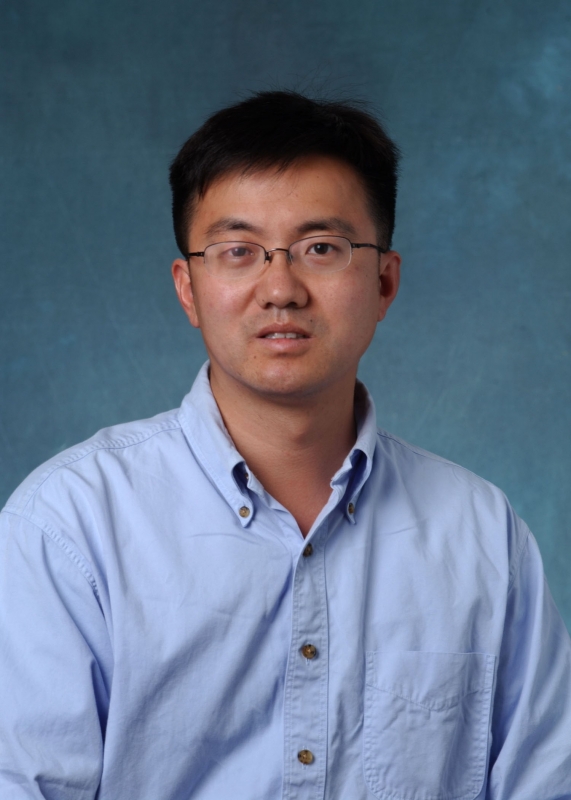
H. Jerry Qi is a professor and the Woodruff Faculty Fellow in the George W. Woodruff School of Mechanical Engineering at Georgia Institute of Technology. He received his bachelor degrees (dual degree), master and Ph.D. degree from Tsinghua University (Beijing, China) and a ScD degree from Massachusetts Institute of Technology (Boston, MA, USA). After one year postdoc at MIT, he joined University of Colorado Boulder as an assistant professor in 2004, and was promoted to associate professor with tenure in 2010. He joined Georgia Tech in 2014 as an associate professor with tenure and was promoted to a full professor in 2016. Qi is a recipient of NSF CAREER award (2007). He is a member of Board of Directors for the Society of Engineering Science. In 2015, he was elected to an ASME Fellow. The research in Qi's group is in the general area of soft active materials, with a focus on 1) 3D printing of soft active materials to enable 4D printing methods; and 2) recycling of thermosetting polymers. The material systems include: shape memory polymers, light activated polymers, vitrimers. On 3D printing, they developed a wide spectrum of 3D printing capability, including: multIMaTerial inkjet 3D printing, digit light process (DLP) 3D printing, direct ink write (DIW) 3D printing, and fused deposition modeling (FDM) 3D printing. These printers allow his group to develop new 3D printing materials to meet the different challenging requirements. For thermosetting polymer recycling, his group developed methods that allow 100% recycling carbon fiber reinforced composites and electronic packaging materials. Although his group develops different novel applications, his work also relies on the understanding and modeling of material structure and properties under environmental stimuli, such as temperature, light, etc, and during material processing, such as 3D printing. Constitutive model developments are typically based on the observations from experiments and are then integrated with finite element through user material subroutines so that these models can be used to solve complicated 3D multiphysics problems involving nonlinear mechanics. A notable example is their recent pioneer work on 4D printing, where soft active materials is integrated with 3D printing to enable shape change (or time in shape forming process). Recently, his developed a state-of-the-art hybrid 3D printing station, which allows his group to integrate different polymers and conduct inks into one system. Currently, his group is working on using this printing station for a variety of applications, including printed 3D electronics, printed soft robots, etc.
Additive/Advanced Manufacturing; micro and nanomechanics; Recycling; Soft Materials; Conducting Polymers